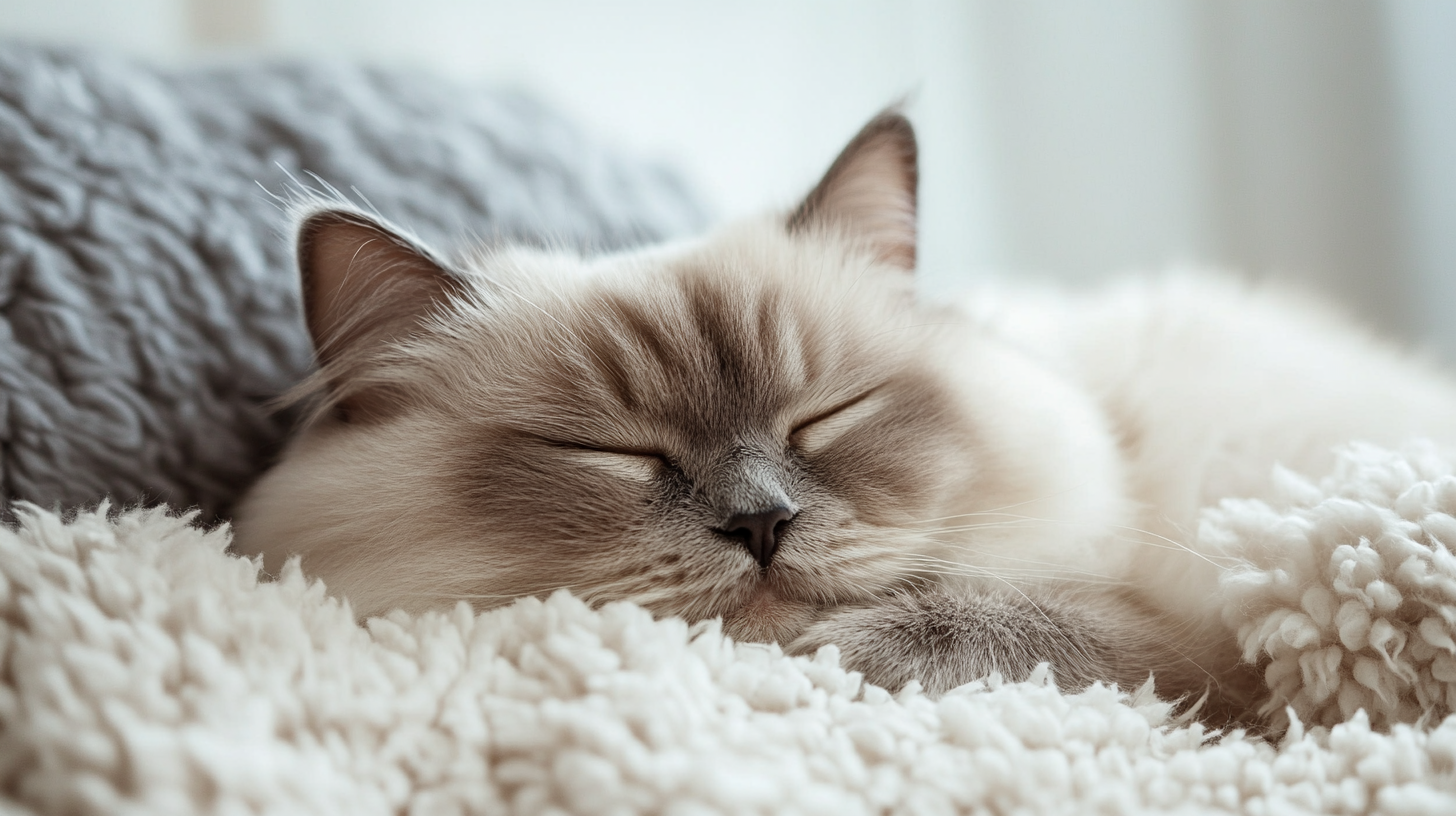How to Prevent Hairballs in Persian Cats: Tips for Reducing Shedding and Promoting Digestive Health
3 min read
Persian cats, with their stunning coats and gentle demeanor, are a cherished breed among cat lovers. However, their long fur can lead to hairballs, which can be distressing for both cats and their owners. Thankfully, there are several strategies to help prevent hairballs and maintain your Persian's overall digestive health. Here, we will delve into practical tips for reducing shedding and promoting a happier, healthier feline friend.
Regular Grooming
One of the most effective ways to prevent hairballs is by investing time in regular grooming.
- Brush Daily: Use a wide-toothed comb or a fine-toothed grooming brush designed specifically for long-haired cats. Daily brushing helps remove loose hair and reduces the amount of fur swallowed during regular grooming behavior.
- Professional Grooming: Consider taking your Persian to a professional groomer every few months for a thorough grooming session. This not only helps reduce shedding but also keeps their coat healthy and free of mats.
Diet and Nutrition
What your cat eats can greatly influence their coat quality and digestive health.
- High-Quality Cat Food: Look for a premium cat food that contains high-quality protein, omega fatty acids, and is specifically formulated for long-haired breeds. Such diets promote healthy skin and fur, reducing excess shedding.
- Hairball Control Formulas: Many brands offer cat food formulated to help with hairball control. These foods often contain fiber that aids digestion and helps eliminate hairballs before they form.
- Hydration is Key: Ensure your Persian cat has constant access to fresh water. Proper hydration helps with overall digestive health and can facilitate the passage of swallowed hair.
Adding Fiber to Their Diet
Increasing fiber intake can significantly aid in preventing hairballs.
- Fiber Supplements: Consult your veterinarian about the best fiber supplements for your cat. These can help improve digestion and minimize hairball formation.
- Pumpkin Puree: Plain canned pumpkin (not the spiced pie filling) is an excellent natural source of fiber. Adding a teaspoon to your cat's food can aid in digestion and help to move hair through their digestive tract.
Maintain a Stress-Free Environment
Stress can contribute to excessive grooming, which in turn increases the chance of hairballs.
- Safe Spaces: Create a peaceful environment for your Persian cat with cozy spots for them to relax, away from high-traffic areas.
- Interactive Play: Engage your cat with regular playtime to reduce stress and promote physical exercise. This helps them process their energy and decreases the likelihood of compulsive grooming behavior.
Regular Veterinary Visits
Finally, don’t overlook the importance of regular checkups:
- Veterinary Advice: Regular visits to the vet can help monitor your cat's health and allow for early detection of any digestive issues or excessive shedding problems. Discuss your cat’s grooming habits and overall well-being to tailor a strategy that works best for your unique pet.
Conclusion
By implementing these tips, you can greatly reduce the risk of hairballs in your Persian cat while promoting their digestive health. Consistent grooming, a quality diet, increased fiber, a stress-free environment, and routine vet visits will keep your furry friend comfortable and happy. With a little effort, you can enjoy snuggle time without worrying about the mess created by hairballs!


